Taliban deny discussing ceasefire, Afghan dialogue with US
Insurgents say withdrawal of foreign forces main concern
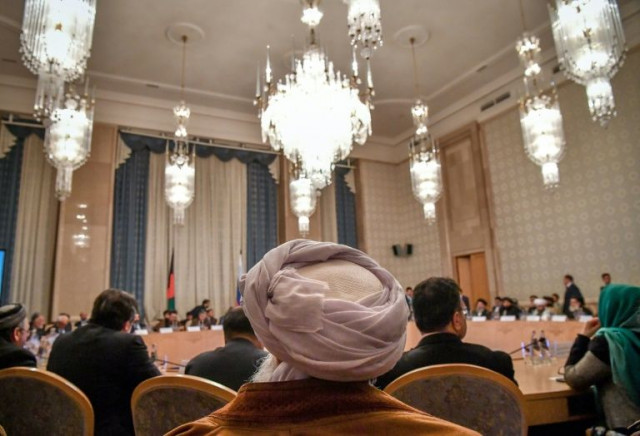
Taliban officials in Moscow spelled out their vision for Afghanistan. PHOTO: REUTERS
"This phase is about fleshing out the details of the two issues... the and not allowing" the country to be used as a base for international militancy, Taliban spokesman Zabihullah Mujahid said.
He described them as "external" aspects of the 17-year conflict.
"Other issues that have an internal aspect and are not tied to the United States... have not been held under discussion."
On Tuesday, US State Department spokesman Robert Palladino had affirmed the opposite.
"What we're focusing on are the four interconnected issues that are going to compose any future agreement," Palladino said -- listing them as "terrorism", "troop withdrawal", "intra-Afghan dialogue" and "ceasefire".
He said progress was being made.
The latest round of talks, believed to be among the longest held between Washington and the militants, began on February 25 in the Qatari capital.
Both sides have remained tight-lipped, however, and it is not clear how many days have involved direct negotiations.
US-Taliban talks in Pakistan cancelled
The talks have already been paused at least once for two days, and the Taliban said Friday that they were again being suspended for a day, due to resume Saturday. It is not clear how much longer they will go on for.
Expectations remain high. The previous round, in January, saw the US and the Taliban walk away with a "draft framework" that focused on the issues Mujahid said were being discussed this time: a potential US troop withdrawal and a pact to prevent Afghanistan from harbouring terrorists.
The Taliban have repeatedly refused to meet with the Afghan government, whom they dismiss as "puppets".
US envoy Zalmay Khalilzad, who is leading the diplomatic push, had earlier hinted that headway was being made on the issue, however.
He also met with the Taliban's top political leader Mullah Abdul Ghani Baradar at the start of the current round in Doha, in what has been touted as the highest-level engagement between the two sides in the months-long diplomatic thrust.
General Scott Miller, the top US and NATO commander in Afghanistan, has also attended at least some of the talks.
President Donald Trump has repeatedly voiced his eagerness to end America's involvement in Afghanistan, where 14,000 US troops are still deployed.
On Thursday, General Joseph Votel, head of US Central Command, said the military has received no directions yet to withdraw from Afghanistan.
Secretary of State Mike Pompeo has suggested he could visit Doha to help advance the negotiations "in a couple (of) weeks".
Afghanistan has been enmeshed in nearly constant conflict since the Soviet invasion in 1979, which was followed by civil war, the Taliban regime, and the post-9/11 US invasion in late 2001.

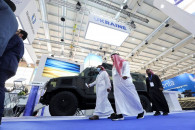
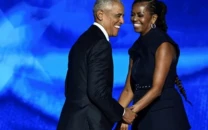
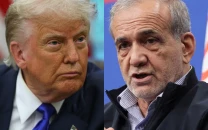
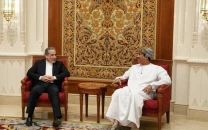

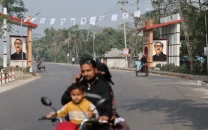












COMMENTS
Comments are moderated and generally will be posted if they are on-topic and not abusive.
For more information, please see our Comments FAQ